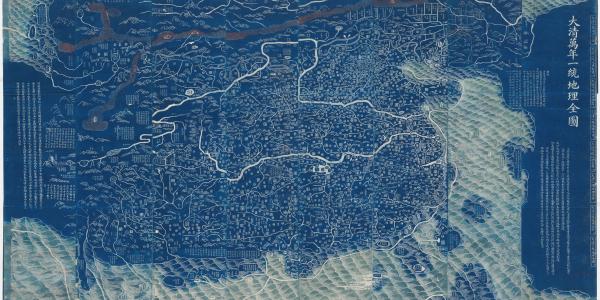Rethinking Early Modern Globalization through the Case of Qing China and Its Perception of Its Own Position in the World
The term “Central State” (Zhongguo/Dulimbai gurun), which is used as the equivalent to the English term China today, experienced thorough transformation and gained its modern meaning as a territorial, sovereign country during the second half of the nineteenth century. By 1900, intellectuals in China viewed the Qing as but one regime whose fate warranted special concern only as a means to save the trans-dynastic entity that was the Chinese nation (Zhongguo); meanwhile, they perceived the “Central State” as but one “parallel” (pingxing) country competing for survival in a globe composed of "tens of thousands of countries." The conceptual decentralization of the China-based empire took place only following the Arrow War (1856-60), facilitated by systematic diplomatic engagement between the Qing and Euro-American countries and by translation of international law. The timing of this conceptual revolution reveals the limited impact of early modern globalization on the worldviews of rulers and cultural elites in China despite the integration of Ming and Qing China into global economy, begging us to rethink the nature and scope of early modern globalization.
Registration is required to attend the lecture. Once registered you will receive the Zoom link.
Supported by a gift from Leung Tung Peter & Lin Young.

